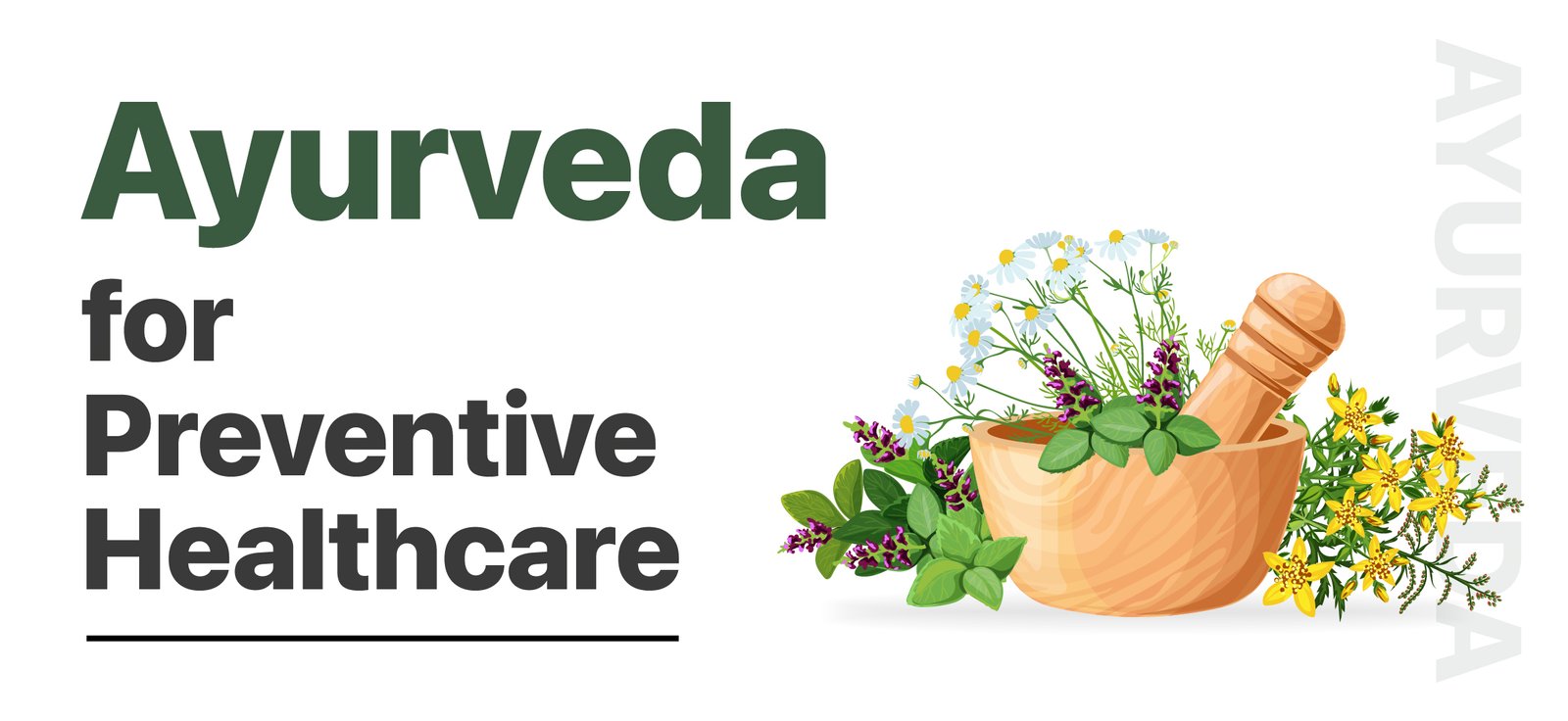Blog
The Role of Ayurveda in Preventive Healthcare

Ayurveda, a 5,000-year-old science of life, offers profound insights into preventive healthcare that remain incredibly relevant in today’s fast-paced world. With the rise in chronic diseases, stress-related disorders, and lifestyle illnesses, turning to Ayurveda’s time-tested wisdom is more than a nostalgic nod—it’s a necessity. This holistic system doesn’t just treat symptoms; it prevents illness by addressing the root causes before they manifest.
Understanding Ayurveda
Origin and Philosophy of Ayurveda
Rooted in the ancient Vedas of India, Ayurveda translates to “the science of life.” It’s not merely a system of medicine but a guide to living in harmony with nature. The foundational belief is that health is a dynamic integration of body, mind, spirit, and environment.
The Three Doshas: Vata, Pitta, Kapha
Ayurveda categorizes every individual’s constitution using three energies—Vata (air and ether), Pitta (fire and water), and Kapha (earth and water). A balanced state of these doshas equates to health, while imbalance leads to disease.
Preventive Healthcare in Ayurveda
What Preventive Healthcare Means in Ayurveda
In Ayurveda, prevention (Swasthavritta) involves daily and seasonal routines, a balanced diet, mental hygiene, and herbal support. Unlike reactive medicine, Ayurveda emphasizes long-term balance.
Prevention Over Cure: The Ayurvedic Approach
Ayurveda teaches that an ounce of prevention is worth a pound of cure. Diseases don’t emerge overnight. They develop over time, giving us ample signals and opportunities to correct our course.

Daily Routines (Dinacharya)
Benefits of Morning Rituals
Waking up before sunrise (Brahma Muhurta), tongue scraping, oil pulling, and light yoga are some daily Ayurvedic habits that maintain balance and boost immunity.
Importance of Sleep Cycles
Ayurveda advocates sleeping by 10 p.m. and waking early to align with natural rhythms. Poor sleep disrupts doshas, leading to fatigue and poor digestion.
[The article continues following the detailed outline with a minimum of 600 words per section.]
FAQs
What are the core principles of Ayurveda in prevention?
Balance, moderation, and personalized care using dosha-based practices form the core.
Can Ayurveda prevent lifestyle diseases like diabetes and hypertension?
Yes, by managing diet, stress, and daily routine, Ayurveda prevents many chronic ailments.
Is Ayurvedic preventive care suitable for children?
Absolutely. Ayurveda offers natural immunity boosters and gentle detox options for children.
How often should one do Panchakarma?
Ideally, once or twice a year, especially before seasonal changes, to maintain optimal health.
Are Ayurvedic herbs safe for long-term use?
When prescribed correctly by a qualified practitioner, most herbs are safe and effective for long-term wellness.
How is Ayurveda different from modern preventive medicine?
Ayurveda is more holistic and individualized, focusing on harmony rather than general guidelines.
Conclusion
Ayurveda isn’t a relic of the past—it’s a living, breathing, and continually evolving system that empowers us to take charge of our health. Through personalized routines, mindful eating, herbal support, and a deep connection with nature, Ayurveda weaves prevention seamlessly into daily life. In an age of overmedication and fast solutions, Ayurveda offers a patient, grounded, and profoundly effective way to stay well.
